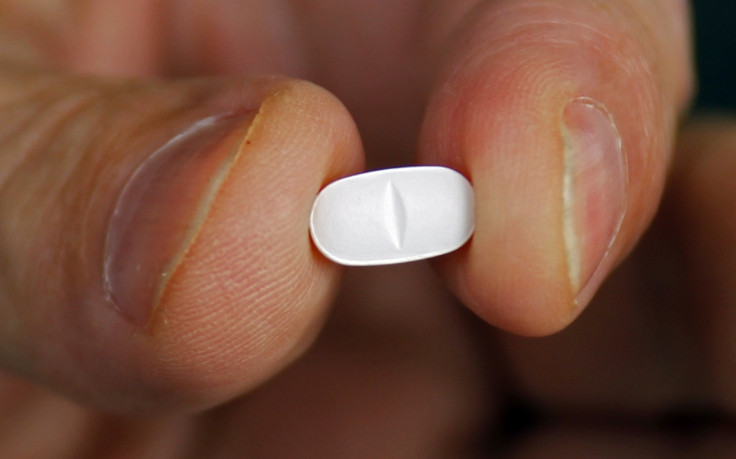Dr John Ashton Claims Pharmaceutical Industry Ignoring Need For Ebola Vaccine
Leading health expert Dr John Ashton attacks 'moral bankruptcy' of pharmaceuticals for failing to invest in Ebola treatments.

The pharmaceutical industry has failed to find a vaccine against the Ebola virus because it has predominantly affected poverty-stricken Africans, a leading public health doctor has said.
Dr John Ashton, president of the UK Faculty of Public Health, attacked the "moral bankruptcy" of the pharmaceutical industry failing to fund research for treatments because they do not see it as a worthwhile investment.
Writing in the Independent on Sunday, Ashton said: "We must tackle the scandal of the unwillingness of the pharmaceutical industry to invest in research to produce vaccines – something they refuse to do because the numbers involved are, in their terms, so small and don't justify the investment.
"This is the moral bankruptcy of capitalism acting in the absence of an ethical and social framework. We must respond to this emergency as if it was in Kensington, Chelsea, and Westminster."
Ashton compared the global response to Ebola to that of HIV and Aids, which were killing people in Africa for years before treatments were developed after it spread to the US and the UK in the 1980s.
We must tackle the scandal of the unwillingness of the pharmaceutical industry to invest in research to produce vaccines.
"In both cases, it seems that the involvement of powerless minority groups has contributed to a tardiness of response and a failure to mobilise an adequately resourced international medical response," he said.
"In the case of Aids, it took years for proper research funding to be put in place and it was only when so-called 'innocent' groups were involved (women and children, haemophiliac patients and straight men) that the media, politicians, scientific community and funding bodies stood up and took notice."
More than 700 people have died of the Ebola virus across Guinea, Sierra Leone, Liberia and Nigeria since February in what the World Health Organisation has called an imminent catastrophic global crisis.
On Saturday, the first of two American aid workers infected with Ebola while working in West Africa arrived back in the US for treatment.
The patient, who is reported to be Dr Kent Brantly, will be treated at Emory University Hospital in Atlanta, which is equipped with a special containment unit for patients infected with dangerous infectious diseases.
© Copyright IBTimes 2024. All rights reserved.





